Research Collections and Support
Libraries are increasingly leveraging the raw materials of scholarship and knowledge formation by emphasizing the creation and curation of institutional research assets and outputs, including digitized special collections, research data, and researcher profiles. Our work informs current thinking about research collections and the emerging services that libraries are offering to support contemporary modes of scholarship. We are encouraging the development of new ways for libraries to build and provide these types of collections and deliver distinctive services. Our efforts are focused in the following three areas:
Publications
-
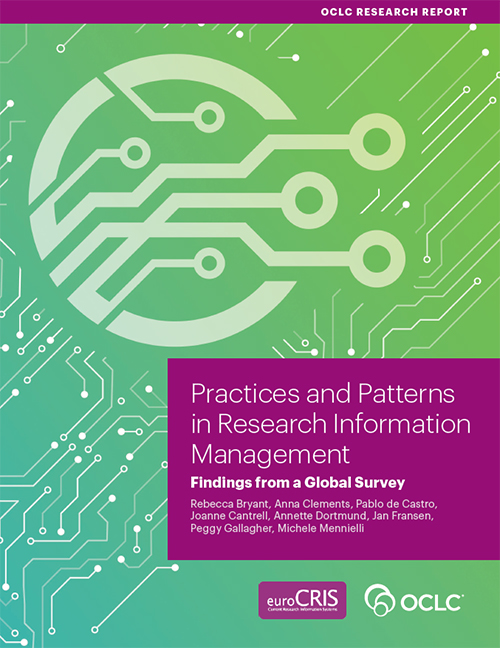
Practices and Patterns in Research Information Management: Findings from a Global Survey
3 December 2018
Rebecca Bryant, Anna Clements, Pablo de Castro, Joanne Cantrell, Annette Dortmund, Jan Fransen, Peggy Gallagher, Michele Mennielli
OCLC and eruoCRIS partnered to conduct an international survey of research information management (RIM) practices to examine the broad global RIM ecosystem. This report details the complexity of RIM practices and the growing need for improved system-to-system interoperability.
-
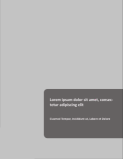
Vers un changement de cap : les bibliothèques, expertes en métadonnées au service de la recherche
11 July 2018
Rebecca Bryant, Brian Lavoie, Contance Malpas
This excerpt of the OCLC Research Report, The Realities of Research Data Management—published in the French journal Archimag—examines the categories of incentives that inspired four research universities to acquire RDM capacity: compliance, evolving scholarly norms, institutional strategy, and research demand.
-
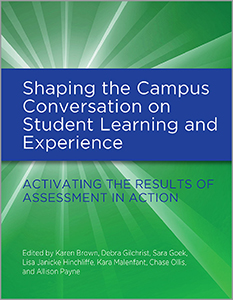
Assessing for Alignment: How to Win Collaborators and Influence Stakeholders
22 June 2018
Stephanie Mikitish, Vanessa Kitzie, Lynn Silipigni Connaway
This chapter, excerpted from Shaping the Campus Conversation on Student Learning and Experience, proposes how academic libraries can leverage the Assessment in Action: Academic Libraries and Student Success (AiA) approach to advance communication, collaboration, and institutional mission and alignment.
-
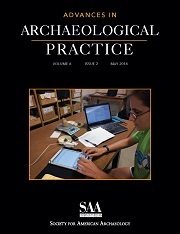
Beyond the Archive: Bridging Data Creation and Reuse in Archaeology
3 May 2018
Ixchel Faniel, Anne Austin, Eric Kansa, Sarah Whitcher Kansa, Phoebe France, Jennifer Jacobs, Ran Boytner, and Elizabeth Yakel
The Secret Life of Data (SLO-data) project traces the lifecycle of data in archaeology to make recommendations to improve data management and better align data creation and reuse. It proposes a “slow data” approach to emphasize curation, contextualization, and communication to streamline data collection for reuse.
-
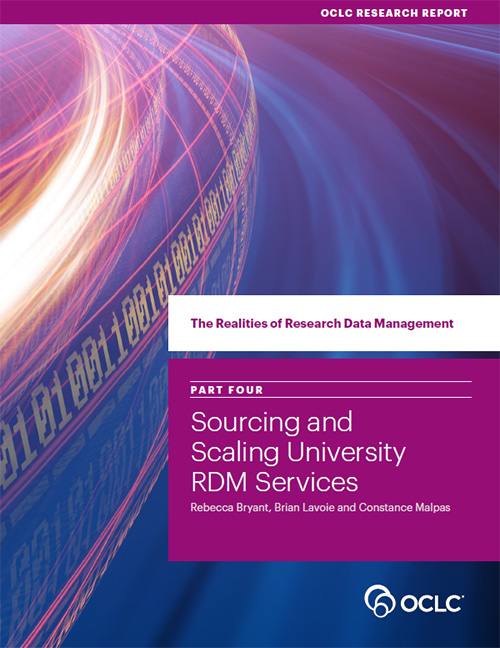
The Realities of Research Data Management Part Four: Sourcing and Scaling University RDM Services
26 April 2018
Rebecca Bryant, Brian Lavoie, Constance Malpas
This report series explores how research universities are managing research data throughout the research lifecycle. This fourth report in this series examines the sourcing and scaling choices made by four research universities in their acquisition of research data management (RDM) capacity.
-
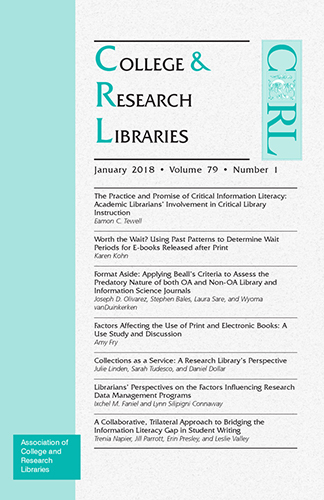
Librarians' Perspectives on the Factors Influencing Research Data Management Programs
9 January 2018
Ixchel Faniel, Lynn Silipigni Connaway
This study contextualizes librarians’ roles in campus research data management (RDM) programs at US academic libraries through their RDM experiences supporting research needs. Interviews with academic librarians surfaced five factors of influence that facilitate or constrain academic library RDM activity.
-
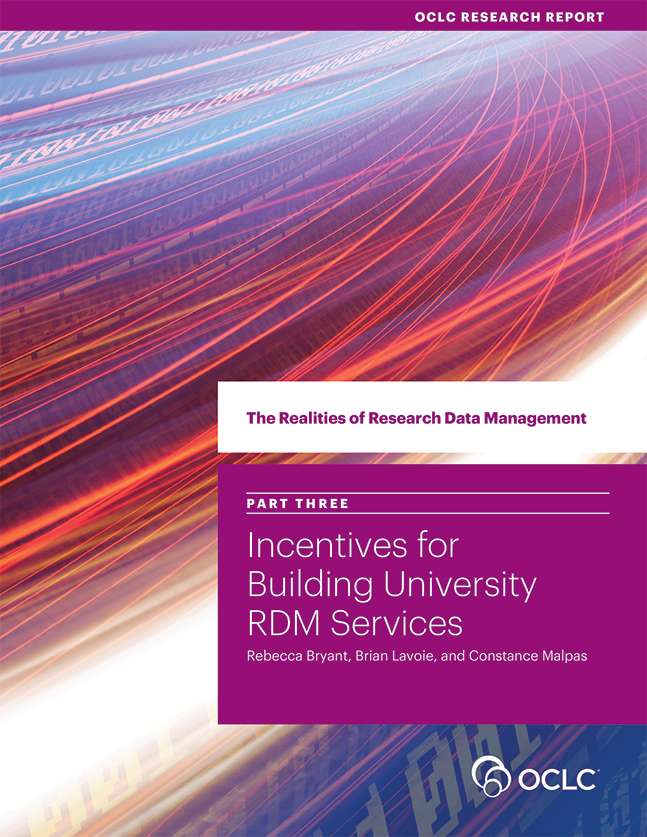
The Realities of Research Data Management Part Three: Incentives for Building University RDM Services
4 January 2018
Rebecca Bryant, Brian Lavoie, Constance Malpas
The Realities of Research Data Management series explores the research data management (RDM) capacity acquisition incentives motivating research universities. The third report creates four categories of RDM capacity incentives: compliance, evolving scholarly norms, institutional strategy, and researcher demand.